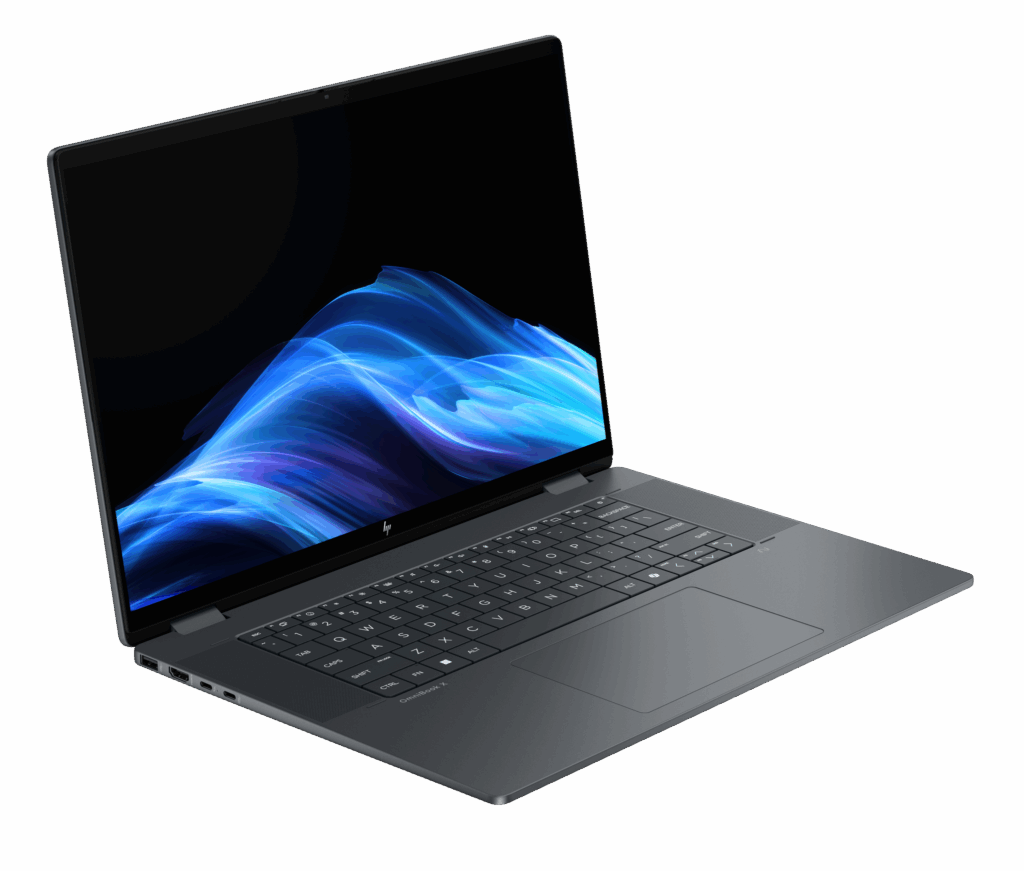IBM Power platform and products are quickly becoming an example of how to compete in a world defined by competing technologies. The X86 platform shared by Intel and AMD owns PCs and servers for the most part, while ARM (largely helped by Qualcomm) owns mobile devices and IoT markets and is in the process of competing for PCs. IBM and Power can’t compete with either product broadly, but if it picks its fights and focuses, a vendor with far smaller market share can advance against its larger, less focused competitors and grow market share while providing unique, focused value. With the latest Power announcement, IBM continues its focus on customer opportunities that require the highest security and the greatest industry-focused technology in the segment.
IBM’s latest Power announcement was capped by the introduction of Merlin which has a really long product name that is incredibly hard to remember: IBM i Modernization Engine for Lifecycle Integration. It reminds me of my short stint attempting naming at IBM and that I’d do almost anything to never have to name another IBM product again. At least I can remember Merlin. You can read about Merlin and IBM’s other Power announcements on the link above, but let’s talk about what I think is more interesting and that is IBM’s strategic focus.
Competing in a market dominated by others
When going into the iPod and smartphone business, Apple demonstrated how to successfully attack a market dominated by others. It didn’t build a copy of the Walkman, BlackBerry, or Palm smartphone. Instead, it created an MP3 player/phone hybrid that caught those other companies napping and was eventually able to force several once-dominant firms to mostly exit the market. The first did this by doing what Sony was unwilling to do which was to allow music to be used on the product without DRM (digital rights management) which was badly crippling the market and related growth. Apple’s iPod didn’t support DRM. The iPad gave users what they didn’t know they wanted and created a unique and well-received offering. The iPhone leveraged the iPod initially and provided what Steve Jobs knew was eventually going to come from a competitor and kill the iPod. This allowed Apple to not only move into a market dominated by others but, until Google got its Android act together, the iPhone became the dominant offering and forced many of those once-dominant firms either out of the market or into far weaker market roles.
The strategy Apple used was to focus its limited resources on a targeted solution that hit where the dominant companies were weakest: the consumer segment. This had been largely not only ignored but both Microsoft and Palm had killed earlier iPhone-like offerings because they didn’t see the consumer need.
IBM Power
Like Apple, IBM is focusing its efforts on a currently underserved market of companies that require a far higher level of security and uniquely focused performance capabilities currently not provided by the dominant platforms. It’s getting ahead of the curve in terms of heavy security capabilities that don’t degrade performance but provide a level of peace of mind to these companies, most of which are finance, healthcare, pharma, and government, and have serious security exposures due to the attractive nature of their assets and data. Some of these firms are not only attacked by well-funded criminal organizations but by hostile government players who are far better funded and supported than your normal black hat hacker group.
An impressively powerful (pun intended) announcement.
Wrapping up
Of the products announced in the link above, Merlin is the most interesting because it seems to be uniquely focused on simplifying IT operations while providing the same critical security and unique performance requirements of the targeted industries. Initially it is focused on helping companies develop secure code more quickly and efficiently through a simple browser interface running tools in OpenShift containers. In addition, Merlin isn’t the end of an evolution but the beginning, suggesting this platform could rise to the level of seemingly magical capabilities that would support its code name “Merlin”.
But the strategy is one of focus, and by focusing these new Power solutions, and especially Merlin, IBM promises a peace of mind that can’t be addressed by the more popular platforms. That’s the power of focus and it\’s a very solid strategy for market penetration and expansion in currently underserved areas.
- The HP OmniBook X Flip 2-in-1 16-Inch: Your New Digital Swiss Army Knife (Now in Glorious Atmospheric Blue) - June 25, 2025
- The Open AI Avalanche: Why AMD’s Collaborative Spirit Is Outmaneuvering NVIDIA’s Empire - June 22, 2025
- Lenovo Embraces OpenBMC: A Step Towards Greater Transparency and Control in the Data Center - June 17, 2025



